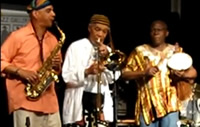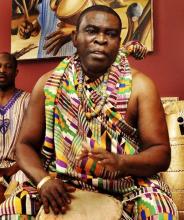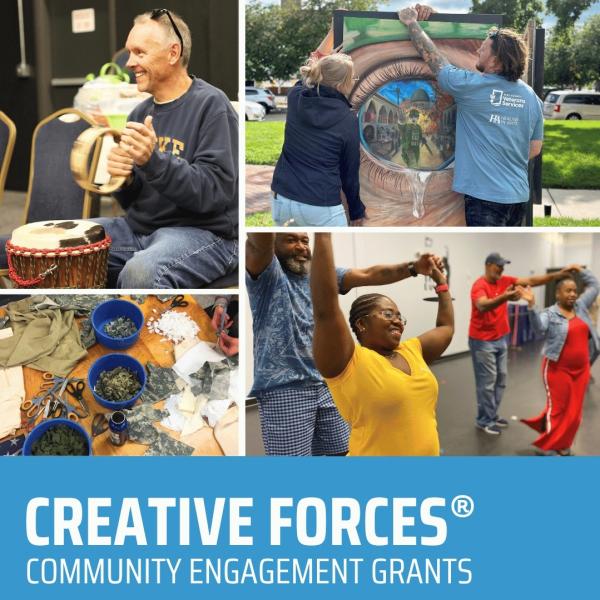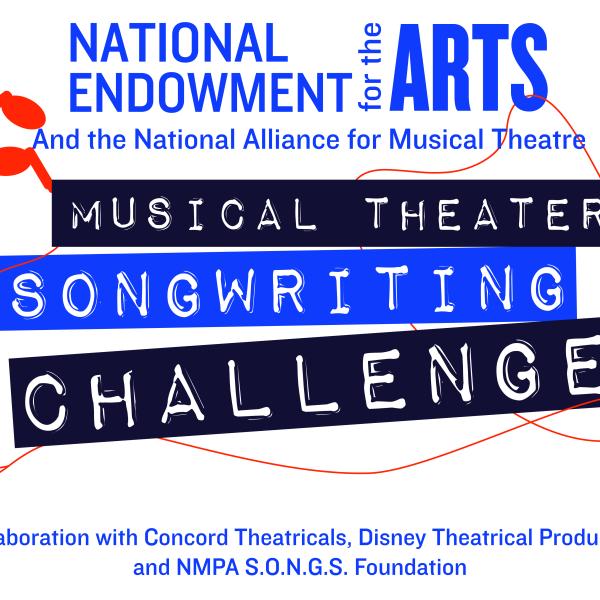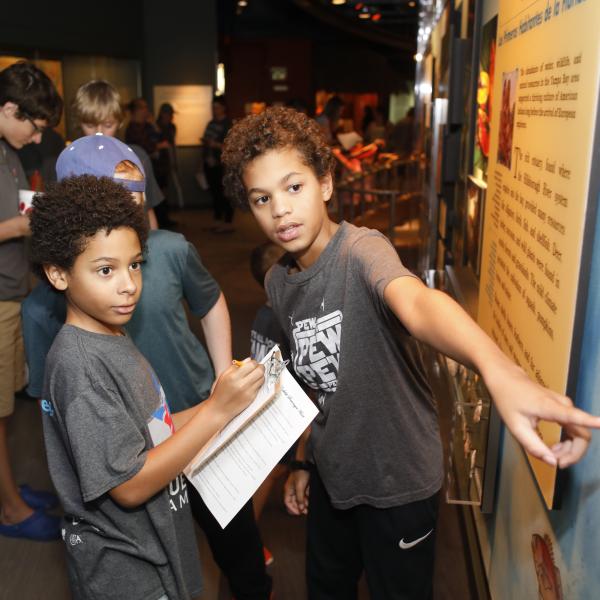NEA Chairman Rocco Landesman's Statement on the Death of NEA National Heritage Fellow Obo Addy
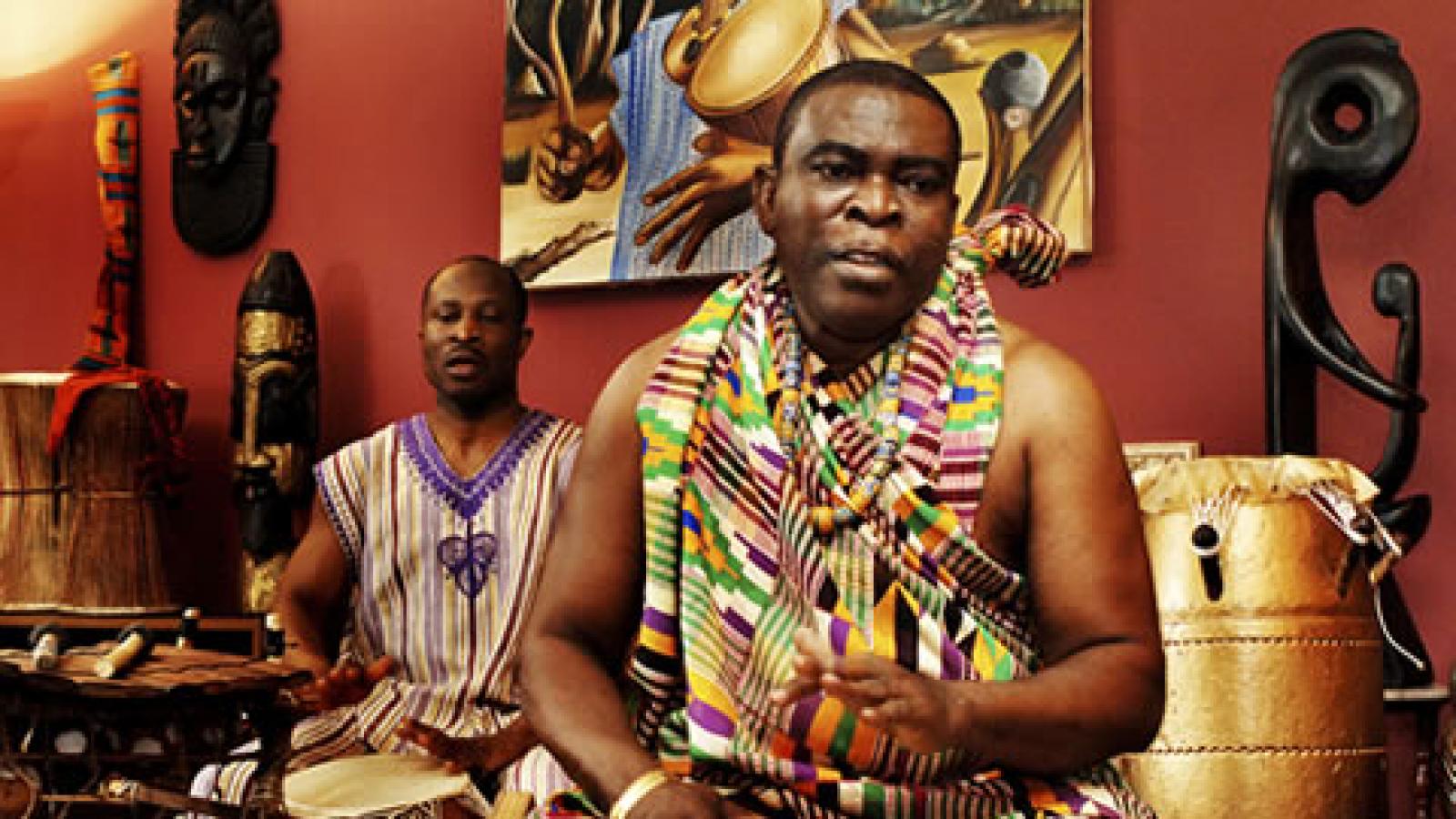
"On behalf of the National Endowment for the Arts, it is with great sadness that I acknowledge the passing of 1996 NEA National Heritage Fellow Obo Addy. Born in Ghana, Addy was an extraordinary drummer, equally adept at performing in traditional and contemporary styles. Designated a master drummer at age six, Addy went on to perform all over the world with different ensembles, also becoming a fine composer and beloved teacher. He was the first African artist to receive an NEA National Heritage Fellowship. We join many others in the drumming community and beyond in mourning his death while celebrating his life and his music."
Obo Addy was born January 15, 1936, the son of a priest and medicine man of the Ga people of southern Ghana. He learned drumming at a very early age. He and his brothers drummed while his mother and sisters sang as his father performed rituals. "I was constantly surrounded by the drumming, dancing, and singing that accompanied his work," Addy said. "From the time I could walk, I helped him in any way I was needed when he was performing the various spiritual ceremonies and rites.... So I learned about rhythm, drumming, and singing by observing my father and listening to the music."
When Addy was six, he was designated a master drummer, meaning that he knew all the parts and could improvise and lead an ensemble. As a teenager, Addy took up other forms of music as well, and at 18, he joined the group Joe Kelly's Band in Accra, the capital of Ghana. Five years later, he became part of a musical group called the Builder's Brigade Band, organized by President Kwame Nkrumah to help employ people as builders. With this band, Addy traveled all over Ghana. In 1961, he was asked to participate in another government initiative with a musical group called the Farmers Council of Ghana, which was designed to educate farmers through drama, music, and cinema.
As Ghanaians asserted themselves politically and culturally, he became increasingly drawn to Highlife, a music that involved playing African rhythms on European instruments. In 1969, Addy was employed by the Arts Council of Ghana to learn and perform the music of the nation's various cultures. In 1972, he and his brothers performed at the Olympic Games in Munich, Germany, and embarked on a tour of Europe, Australia, and the United States. He immigrated to the United States in 1978 and made Portland, Oregon, his home the following year.
Addy's background as both a traditionalist and an innovator was always present in his work. He maintained two musical groups: Okropong, dedicated to playing the traditional tribal music of his homeland, and Kukrudu, which plays in an original idiom much in the spirit of Highlife. Both groups have toured nationally. He established the nonprofit foundation Homowo as a way to share his heritage with as wide an audience as possible. He founded Portland's Homowo (harvest) Festival of African music and culture, which draws thousands each year.
Addy was also a skilled teacher and conducted many residencies and workshops. His programs typically featured both music embedded in the social life of his own and other Ghanaian peoples and original compositions performed in a contemporary style. He performed around the United States and abroad. Addy's first traditional compilation, Born in the Tradition, was released in 1986. His most recent recordings are Wonche Bi (2001) and Afieye Okropong (2003).
Please see more information on the NEA National Heritage Fellows.
Related Content
Contact
NEA Public Affairs
202-682-5570


